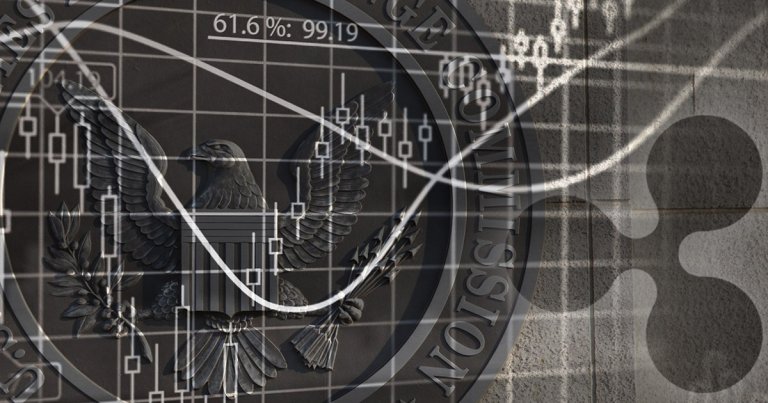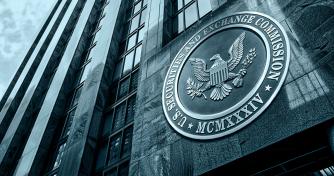 Is XRP classified as a security under U.S. law?
Is XRP classified as a security under U.S. law? Is XRP classified as a security under U.S. law?

Cover art/illustration via CryptoSlate. Image includes combined content which may include AI-generated content.
Ripple was denied access to two major U.S. cryptocurrency exchanges, Coinbase and Gemini, due to regulatory concerns. The question as to whether to cryptocurrency is a security seems to underpin the issue.
Ripple (XRP) is a cryptocurrency that provides a settlement solution for international bank transfers.
Through the use of a centralized blockchain, Ripple has the potential to reduce transaction fees and clearing times for bank transfers.
Ripple is the third-largest cryptocurrency by market capitalization sitting at $19.4 billion, up 1400% since this time last year.
Ripple Attempts to Purchase Access to U.S. Exchanges
According to Bloomberg, Ripple recently attempted to purchase access to cryptocurrency exchanges Coinbase and Gemini. If Ripple were listed on one of these U.S. exchanges, the price and liquidity would likely increase.
However, both exchanges declined to list Ripple; Gemini still declined even after a supposed $1 million offer to list XRP.
Potential Security Classification Hurting Ripple

Ripple’s use as a settlement platform could cause it to fall under the scrutiny of U.S. securities laws. Such a classification increases the risk of litigation for both Ripple and any partner exchanges.
The standard method to determine whether an asset is a security is the Howey Test. The test stems from a 1946 Supreme Court opinion in SEC v. W. J. Howey Co., which clarified laws from the Securities Act of 1933. According to the case, an asset is classified as a security if:
- It is an investment of cash (or cash equivalents).
- There is an expectation of profit from the investment.
- The money is invested in an entity such as a corporation or project.
- Profit from the investment comes from the effort of a 3rd party, i.e. the corporation.
Analysis of Ripple Based on the Howey Test
Unlike utility tokens which fall under a legal gray area, based on the above criteria Ripple may fall under the classification as a security:
- Ripple requires an investment of cash.
- Most speculators purchase the cryptocurrency with the intent to profit.
- The investment is in a common enterprise, San Franciso company Ripple Labs, Inc.
- And the profit is derived from the work of Ripple Labs, which is wholly outside of the control of an investor.
If Ripple were listed on a U.S. exchange and it was then classified as an “unregistered security” by the SEC, then the damages could range in the hundreds of millions.
Bittrex, another major U.S. exchange, may offer additional clarity into the risk assessment process. According to the company’s website, Bittrex will only list a cryptocurrency if a U.S. attorney can attest that the coin is both:
- Not a security under applicable securities laws, and
- Trades of the Candidate Tokens would not be subject to regulation under any applicable laws applicable to the trading of commodities.
Based on those two criteria Ripple was able to list on Bittrex’s exchange. However, with the recent information about Ripple’s inability to list on Coinbase and Gemini, it begs the question of whether Bittrex will remove Ripple from the company’s exchange.
What This Means for Ripple
This is bad news for Ripple – without access to the U.S. market, the cryptocurrency is relegated to listings on primarily Korean exchanges. This harms access for users and investors.
As the SEC has increased its scrutiny of cryptocurrencies and the practices surrounding the industry, U.S. exchanges have reacted with vigilance to protect themselves from the risks of litigation and penalties.
Although authorities are still deliberating whether Ripple is a security, it is clear that U.S. exchanges are not willing to take that risk.

























































